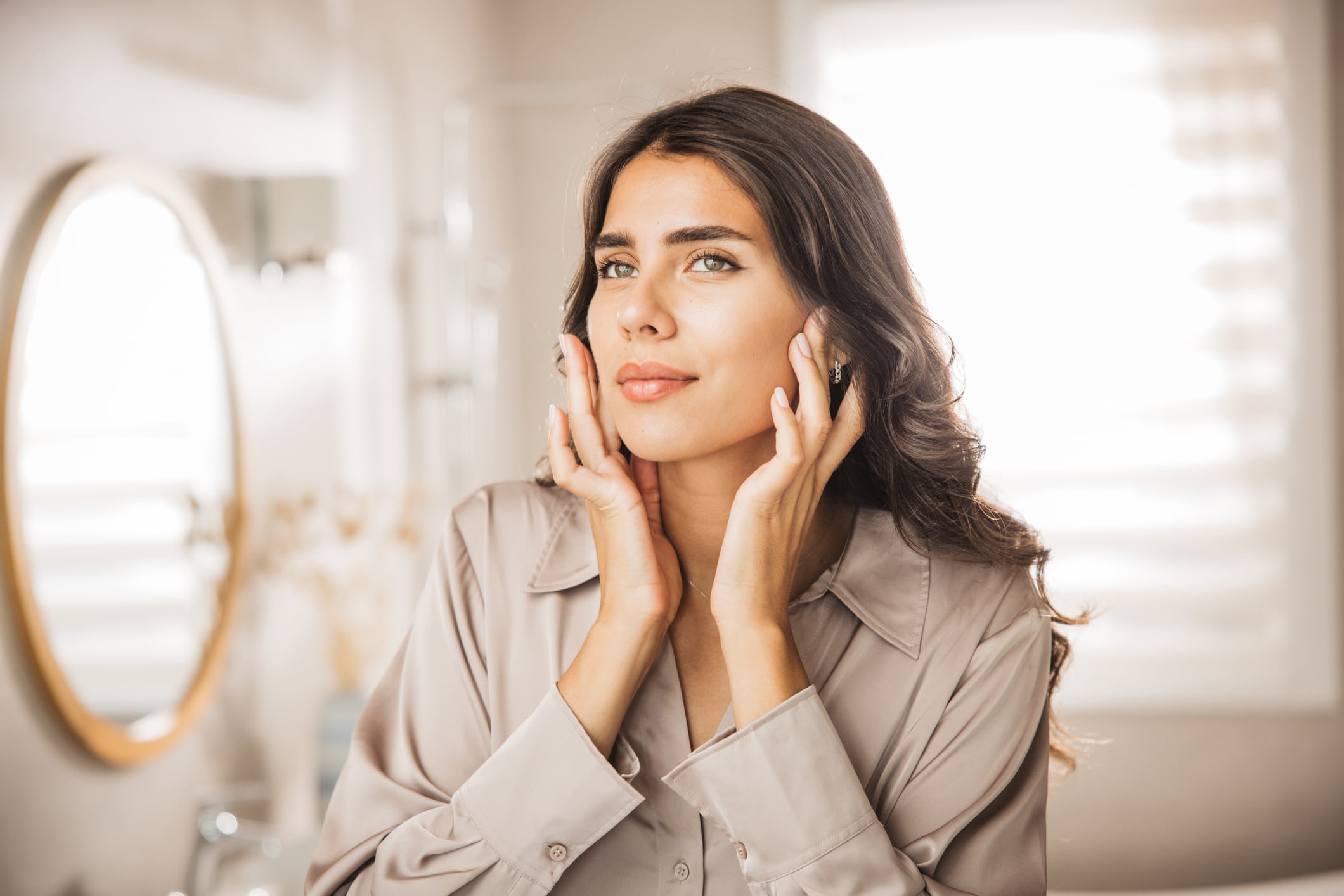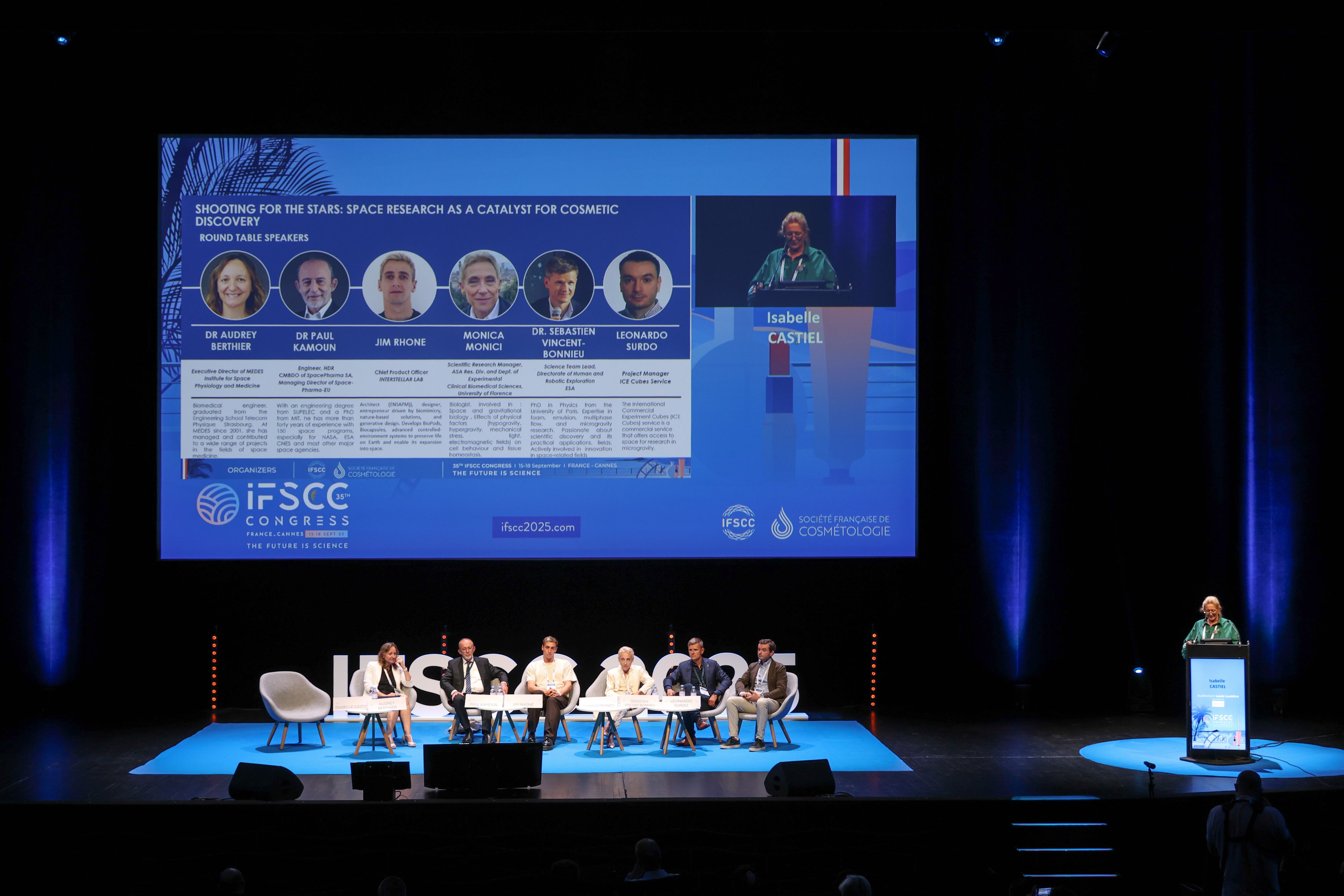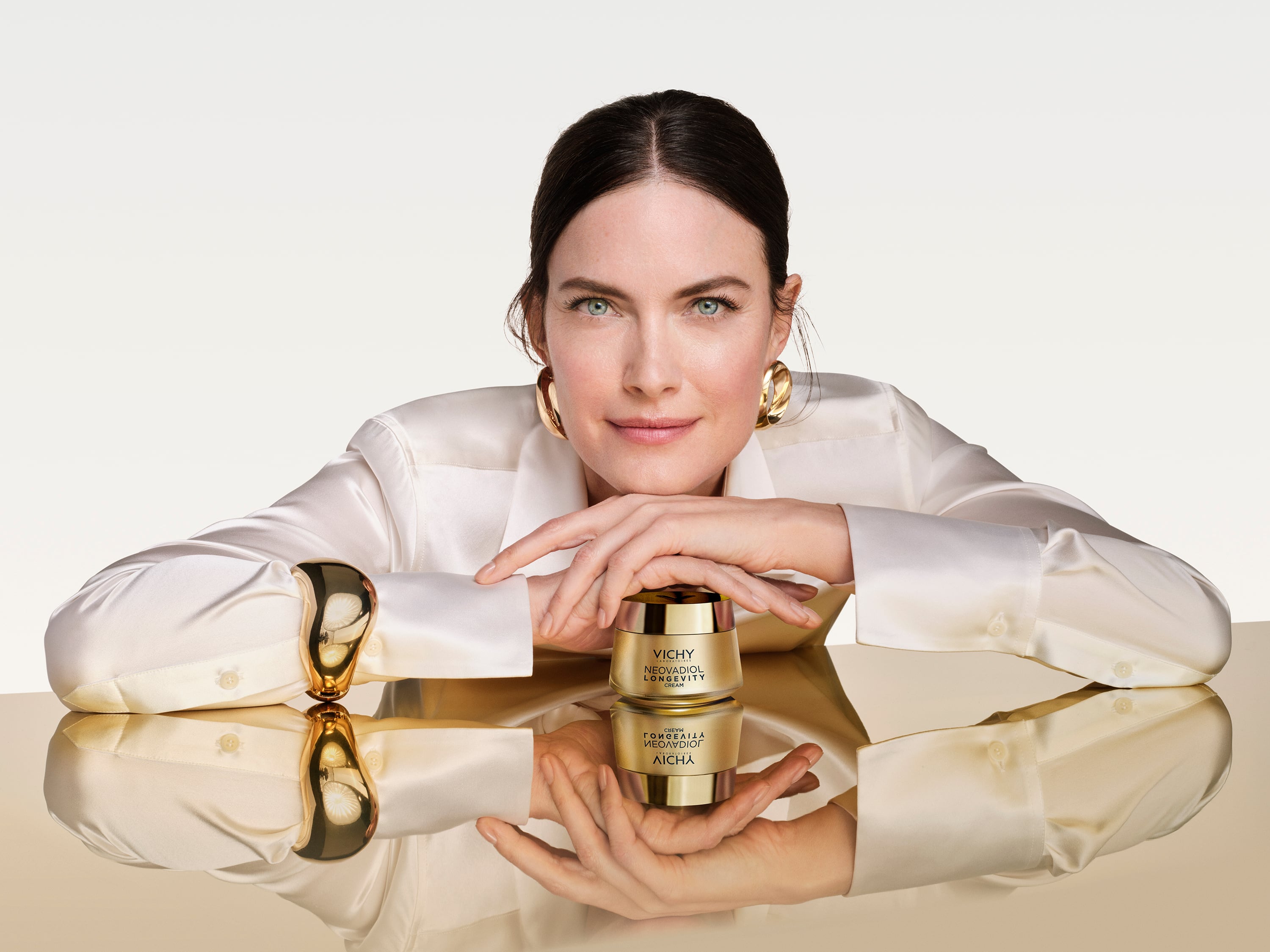Key takeaways
- Kenvue has launched its Neutrogena Collagen Bank innovation, targeting collagen decline with patented micro-peptide technology.
- Clinical studies showed significant improvements in firmness, fine lines and radiance.
- Research also explored emotional barriers to treating women’s hair loss and the economic benefits of sunscreen in Brazil.
- A global consumer survey revealed a strong shift toward preventative skincare.
- Seven new abstracts were presented at EADV 2025 across Neutrogena, Aveeno and Rogaine.
At the recent European Association of Dermatology and Venereology (EADV) Congress in Paris, US beauty and personal care company Kenvue unveiled its latest innovation: Neutrogena Collagen Bank, a new moisturiser designed to address the natural decline in collagen production. The launch is planned for the Europe, Middle East and Africa (EMEA) markets.
Backed by over eight years of research and development in collaboration with dermatologists, the range features a patented micro-peptide technology that penetrates more than 10 surface layers to strengthen the skin. Clinical results show that 95% of users reported firmer-looking skin, while 87% saw improvements in visible lines.
Kenvue presented seven new abstracts at EADV 2025, covering topics such as women’s hair loss, the efficacy of a novel anti-dandruff shampoo, and the protective effects of colloidal oat balm on the skin barrier, across brands including Neutrogena, Aveeno and Rogaine.
We spoke to Adam Ricciardone, Head of R&D at Kenvue, to learn more.
CDE: Can you tell us more about the patented micro-peptide technology?
AR: We’re very proud of the technology behind our Neutrogena Collagen Bank range, which has been in development for over eight years. It’s based on the insight that, starting in your 20s, you lose up to 1% of collagen each year. Collagen is essential for maintaining youthful-looking skin. With this range, you can strengthen the collagen you have and build the collagen you don’t.
Our patented micro-peptide technology was developed in collaboration with dermatologists. The micro-peptide is two times smaller than leading anti-ageing peptides, allowing it to penetrate more than 10 surface layers to support collagen. It’s clinically proven to improve early signs of collagen decline, including radiance, texture, fine lines, firmness and elasticity.
CDE: Can you share more about the clinical study?
AR: The Neutrogena Collagen Bank Moisturiser and Moisturiser with SPF 30 were evaluated in a clinical study conducted in the United States, involving 46 participants over 12 weeks. Participants aged 25–55 years with Fitzpatrick skin types I–VI were selected if they had mild to moderate scores in at least three of the following: fine lines, wrinkles, lack of firmness, uneven skin tone and lack of radiance.
They used the Collagen Bank Moisturiser with SPF 30 during the day and the regular moisturiser in the evening. Both products are fragrance-free, suitable for sensitive skin and non-comedogenic. Evaluations were conducted at weeks 1, 4, 8 and 12, including clinical grading, patient-reported assessments and instrumental analysis.
The study showed significant improvements in all clinically graded pre-ageing parameters from week four onwards, including radiance, fine lines, firmness, texture and elasticity. By week 12, 93% of participants reported improvements in at least three signs of collagen decline. Investigator assessments revealed that 87% showed improvement in global fine lines and elasticity, while 83% reported enhanced skin glow and firmness.
CDE: Your hair care study explores the emotional journey of women with hair loss. Can you tell us more?
AR: This is one of seven posters we presented at EADV. As the company behind Rogaine, we’re committed to supporting patients through their hair loss journey. Our research focuses on the emotional experience of women with hair loss — a common yet often unspoken condition.
Doctors may recommend minoxidil to help patients grow thicker, fuller hair, but most women try multiple solutions before seeking help from a dermatologist. Denial is widespread: over 80% of women experiencing increased hair loss don’t acknowledge the issue. This study is a key step in breaking down barriers that delay or prevent treatment.
CDE: You also shared new data on sunscreen’s public health impact in Brazil...
AR: Yes, our research highlights the long-term health and economic benefits of sunscreen. Skin cancer is a major public health issue with high treatment costs. In Brazil, where sun exposure is intense, we aimed to estimate how many cases could be prevented — and how much could be saved — through regular sunscreen use over five, 10 and 15 years.
The study projected skin cancer incidence by age range, with and without sunscreen use, and calculated associated costs. Results showed that consistent sunscreen use significantly reduced both skin cancer rates and treatment expenses over time.
CDE: The symposium on pre-ageing reflects a shift towards preventative skincare. Can you elaborate?
AR: According to our “A New View of Care” report, which surveyed 10,000 consumers globally, 77% agree that skincare is about more than a radiant glow today — it’s an investment in preventing future signs of ageing.
Consumers are increasingly proactive about early signs of ageing, and we’re proud to launch Neutrogena® Collagen Bank to help protect the collagen they have and build the collagen they don’t.





